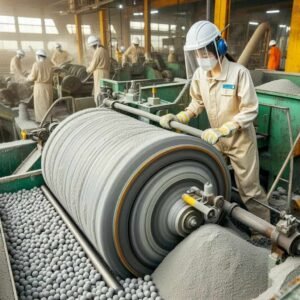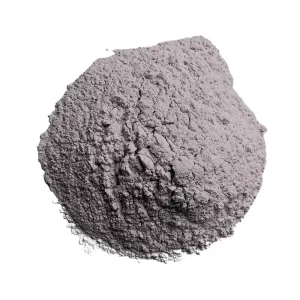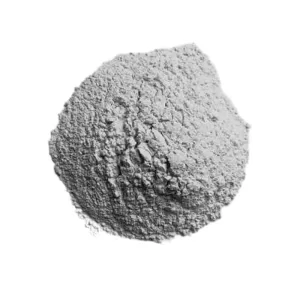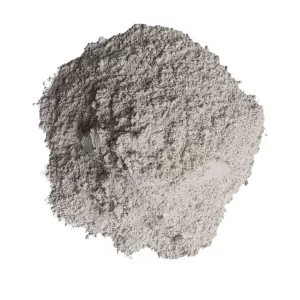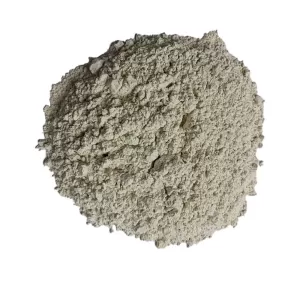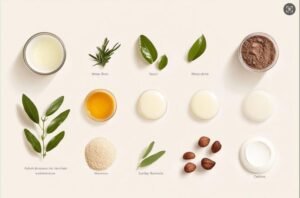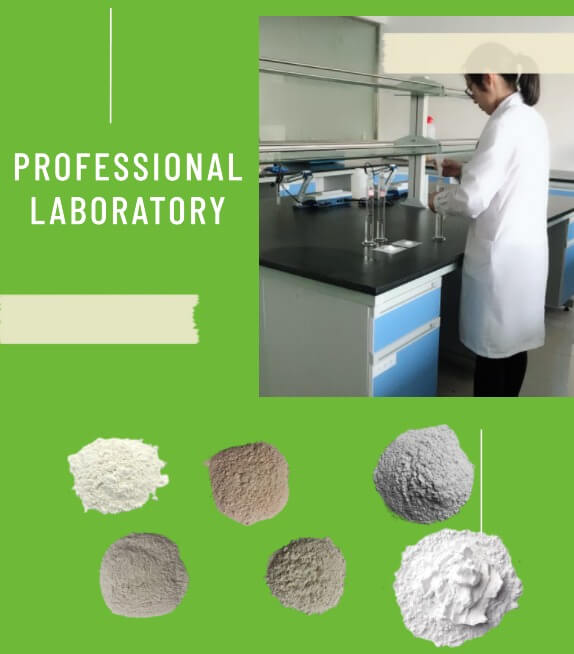Bentonite Is Widely Used as a Nutritional Element in Mineral Feeds
Bentonite, also known as porphyry, is an aqueous clay mineral composed mainly of montmorillonite. It has good water absorption, moisture retention, permeability and wettability. Bentonite clay improves the palatability and fluffiness of feed, slows down the passage of feed through the digestive system, improves the digestion of feed in the digestive tract, and improves the utilization of feed.
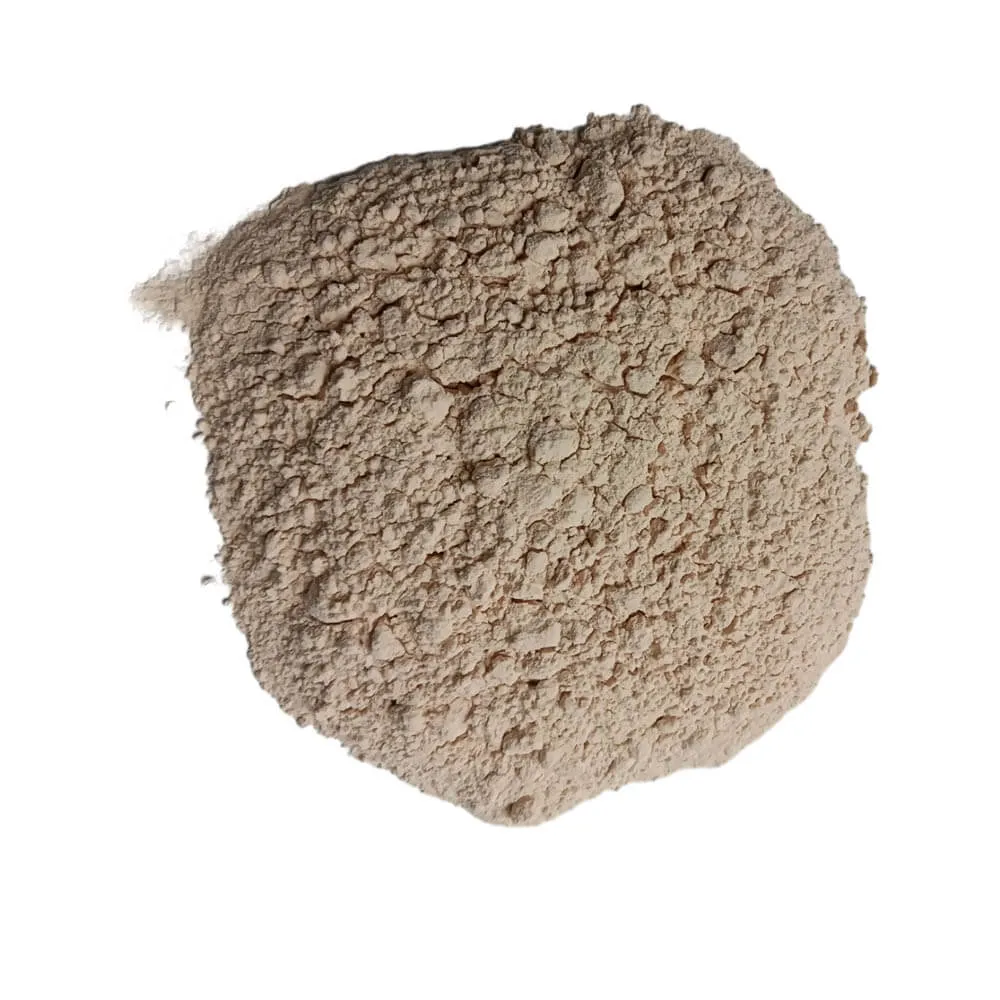
In addition, because of its adsorption properties and ion exchange, it can adsorb germs, harmful substances, fluorine, lead, arsenic and other toxic elements in the farming industry to protect the body from adverse symptoms and harmful substances, improve the level of immunity, maintain a healthy state, improve appetite and digestion and absorption function, and promote growth and development.
Bentonite is an essential soil conditioner. It has excellent water absorption and retention properties, which can increase the soil’s water retention capacity and prevent water loss. In addition, bentonite has excellent fertilizer retention properties, which can adsorb nutrients in the soil and slowly release them to plants, providing a lasting supply of nutrients. At the same time, bentonite can improve soil aeration and permeability, increasing soil fertility and biological activity. Therefore, bentonite is widely used in agriculture, horticulture, and land restoration, and it plays a vital role in improving soil quality and increasing crop yields.
Function of the Bentonite
1.Provided to cattle for fattening herbivores, it helps to improve the physical health of livestock and increase the efficiency of feed utilization.
2. Adding bentonite clay to pig feed at 2% can improve pigs’ growth and development rate and feed utilization. Studies have shown that adding bentonite can increase the weight of pigs by 3.7% and length by 1.6%.
3, Livestock feed can improve egg production, egg weight, eggshell quality, and feed utilization while increasing the egg content of iron, copper, cobalt, manganese and essential amino acids. For broilers, livestock feed can promote their growth and reduce the harm of aflatoxin in feed to chickens.
4. The lethality of rabbits can be suddenly reduced while feed rewards are increased.
5. The daily cleaning of the barn can be improved to reduce the faecal odour of the barn, thus improving the ecological environment.
2.Bentonite stone powder
Bentonite stone powder is a dolomite ore added to feed, also known as dolomite. It contains 32% calcium and is known as heavy calcium or bicarbonate in some places. Stone meal can be used as a carrier for feed to provide calcium and balance the animal’s calcium needs. In addition to being a source of calcium, stone dust is often used as a diluent or medium for nutrient-premixed feeds.
In animals, calcium carbonate can slowly release elemental calcium by reacting with stomach acids and organic matter. Calcium carbonate is inherently soluble, allowing for a relatively high absorption rate during digestion, higher than shellac.
Lead, mercury, arsenic, and fluoride levels must be within safe limits in natural limestone before they can be used in feed applications. Some limestone contains higher concentrations of other elements, especially toxic ones, and is therefore unsuitable for feed-grade stone meal use. It is generally recognized that the content of magnesium in feed-grade stone meal must not exceed 0.5%, while the content of heavy metals such as arsenic requires more stringent control.
The amount of stone meal used depends on the species and growth stage of the livestock and poultry. Generally speaking, the demand for stone powder in livestock feed is 0.5% to 2%, while the demand for egg chickens and breeders can reach 7% to 7.5%. Suppose the stone powder is used in excess. In that case, it will reduce the absorption rate of organic nutrients in the feed, and it will also cause damage to the kidneys of young chickens, leading to excessive accumulation of urates in the urinary system, leading to inflammation and even the formation of stones. Excessive intake of stone powder by laying hens can lead to a thin layer of fine sand adhering to the eggshell, jeopardizing the pass rate of the egg. It is best to use stone powder and organic calcium-containing feeds, such as shellac, by a ratio of 1:1.
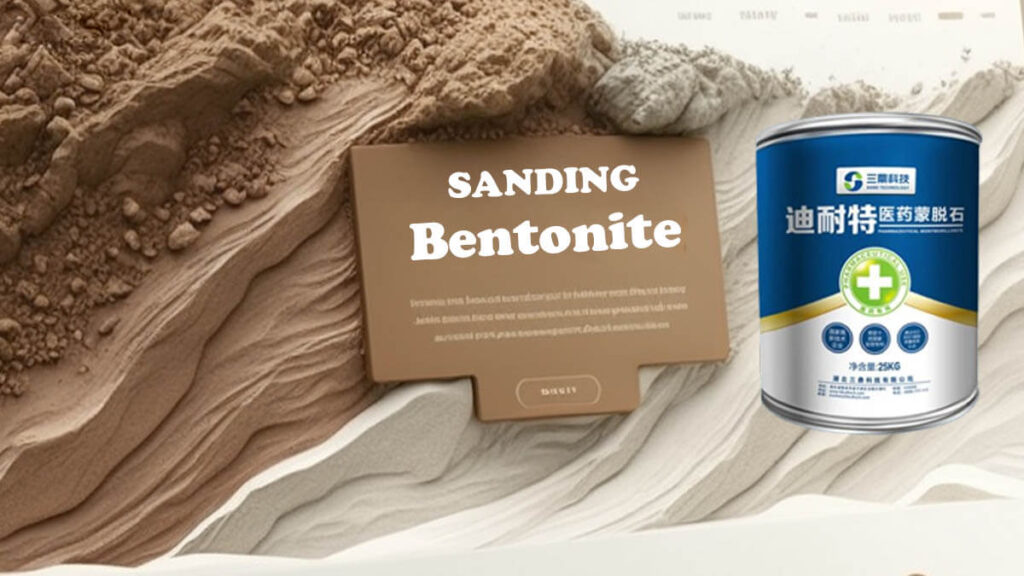
3.Zeolite powder
Zeolite powder is the main ingredient composed of silicate and aluminate, with strong adsorption capacity, which can effectively remove ammonia, hydrogen chloride and other harmful gases, as well as heavy metals, radionuclides, fertilizers and other toxic substances.
It contains all the significant elements and most of the trace elements required for the growth and development of aquatic animals. These elements exist in ionic form and can be utilized by marine animals. In addition, zeolite has unique adsorption capacity, catalytic property, ion exchange function, ion selectivity, acid resistance, high-temperature resistance, multi-component adaptability, high biological activity and toxicity resistance.
The benefits of the Zeolite powder
1.Enhance the nutritional composition of feed.
First of all, sodium, calcium, magnesium, nickel, titanium, molybdenum, selenium and other nutrients in zeolite powder can enhance the feed’s nutritional value, promote the animal’s metabolic process, and improve the production performance and yield. At the same time, zeolite powder can improve the structure and quality of muscle fibres and meat, eggs, milk and other animal products.
Secondly,Mixing nutrients with zeolite can increase the ingredients’ viscosity, prolong their stay in the digestive tract, improve feed utilization, and avoid waste.
Then,Zeolite bentonite can promote the increase of intestinal mucosa thickness and the development of intestinal glands, thus improving the secretion of digestive enzymes, further improving the efficiency of nutrient digestion, and reducing the incidence of intestinal diseases.
2.Purify the environment
Using zeolite powder can absorb harmful gases in animal waste, such as ammonia and hydrogen chloride, thus reducing odour and environmental pollution and improving the breeding environment.
3.Adsorption of harmful substances
Zeolite powder has excellent adsorption performance, can effectively adsorb sodium nitrite, heavy metals, fertilizers and other harmful substances, and reduces the harm to livestock and poultry.

4.Increase the reliability of feed
The use of zeolite powder can enhance the stability of the feed to avoid oxidation or volatilization of nutrients in the feed and to ensure the quality and effectiveness of the feed. In addition, zeolite powder can also reduce feed viscosity, making it easier to process and store. astoresporttransportition of zeolite powder will only affect the taste compared to stone powder, which can harm the calcium balance.



